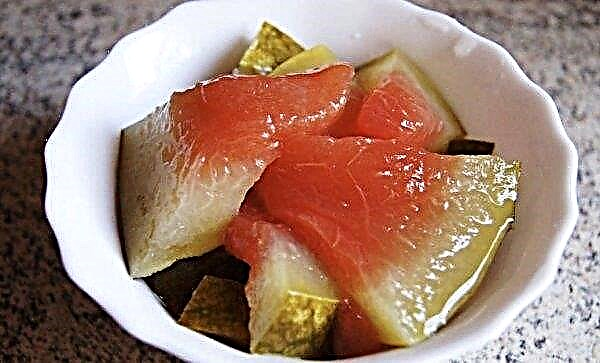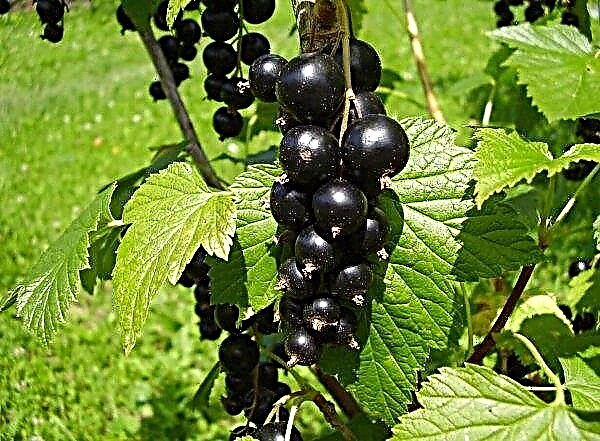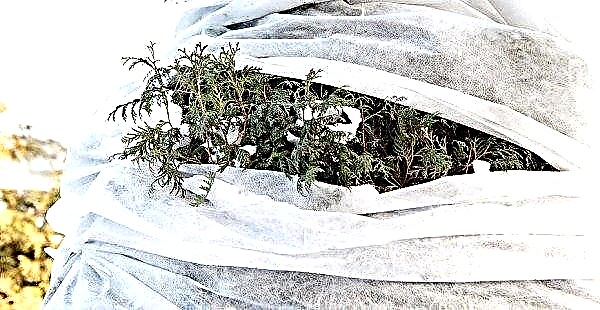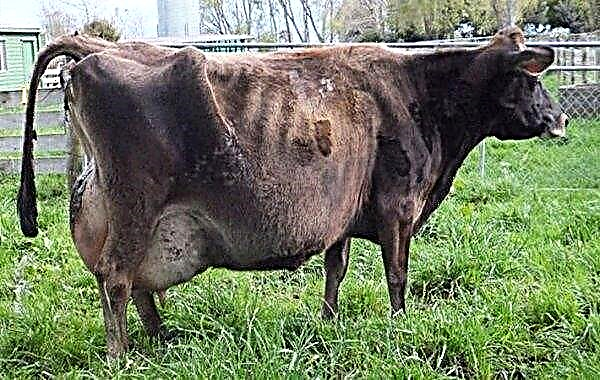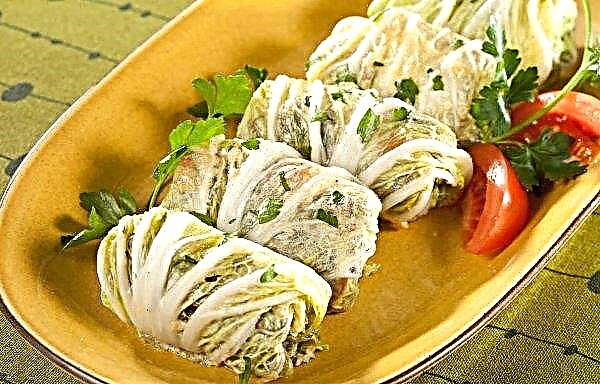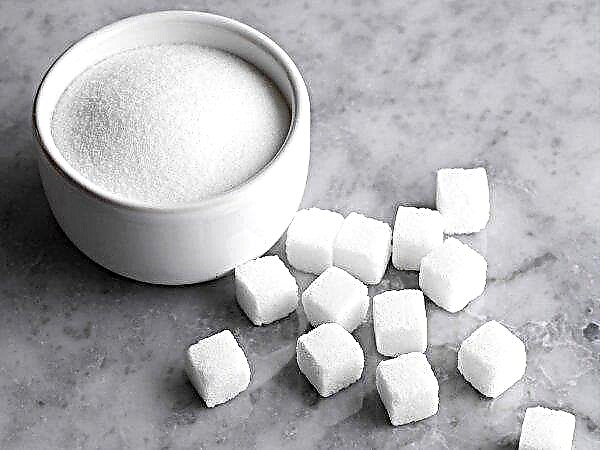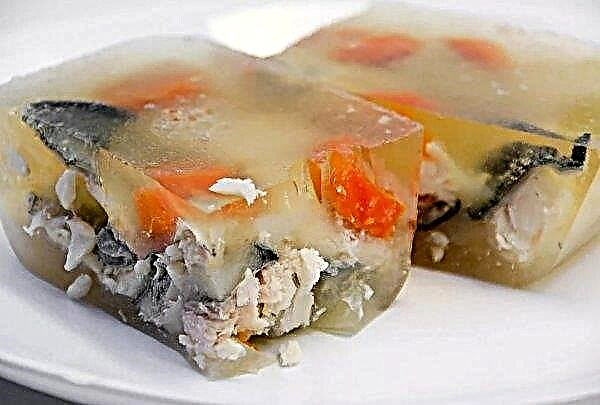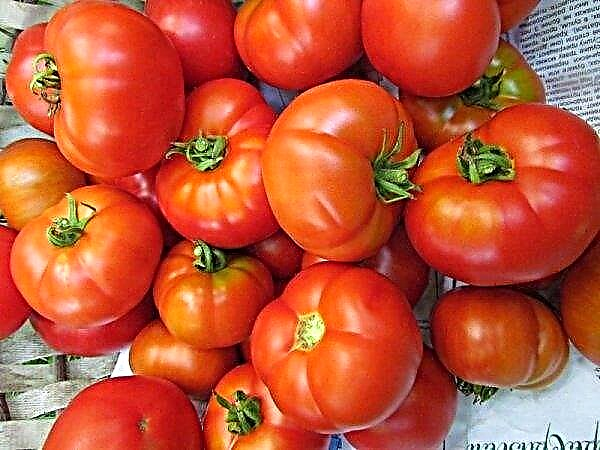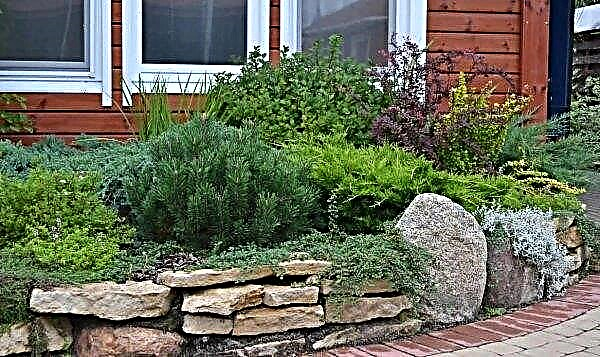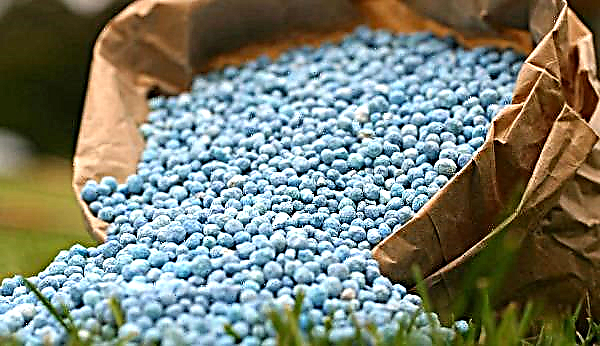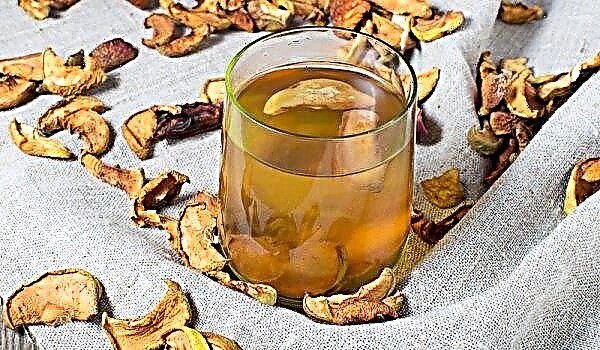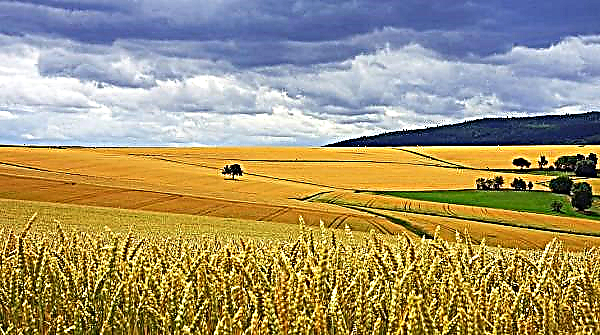Hemp and coffee were selected as two crops to be sent to the International Space Station in spring. The project was launched by Front Range Biosciences (FRB) in collaboration with the University of Colorado and SpaceCells USA.
FRB is a company engaged in agricultural technology, growing new varieties of plants in the nursery, as well as hemp seeds and coffee. She has been exploring new variants of these cultures for quite some time.
The mission is to investigate the effect of weightlessness on plant metabolism. Plant cells will be monitored for genetic changes.
The dispatch of experimental crops is scheduled for March 2020, when the samples should be launched on the ISS SpaceX CRX-20 spacecraft, Falcon9 rocket and Dragon cargo capsule. About 480 samples will be sent to the ISS and placed under controlled conditions.
 Worldwide, 25 million farmers are engaged in coffee production.
Worldwide, 25 million farmers are engaged in coffee production.
Plants will “grow” in special incubators, in which temperature and other microclimate conditions will be controlled from the Earth. Coffee and hemp plants will remain there for 30 days, after which they will return to Earth to study their RNA.
The ultimate goal is to study how various conditions, such as microgravity and radiation, affect the final cultivation of plants.
Direct speech: “This is one of the first studies of the influence of microgravity and space flight on hemp and coffee crops. There is science to support the theory that plants in space experience mutations.
This is an opportunity to see whether these mutations will persist after they return to Earth and whether there is a commercial benefit from this, ”said Dr. Jonathan Waugh, co-founder and CEO of Front Range Biosciences.
- Earlier we reported that. that coffee farmers will meet in Brazil to discuss ways out of the crisis.
- Brazil has a record export of green coffee.
- In Brazil, a quarter has already harvested coffee.
- We also wrote that Vietnam is reducing the export of coffee and rice.
- Brazil is reviewing coffee pricing.

